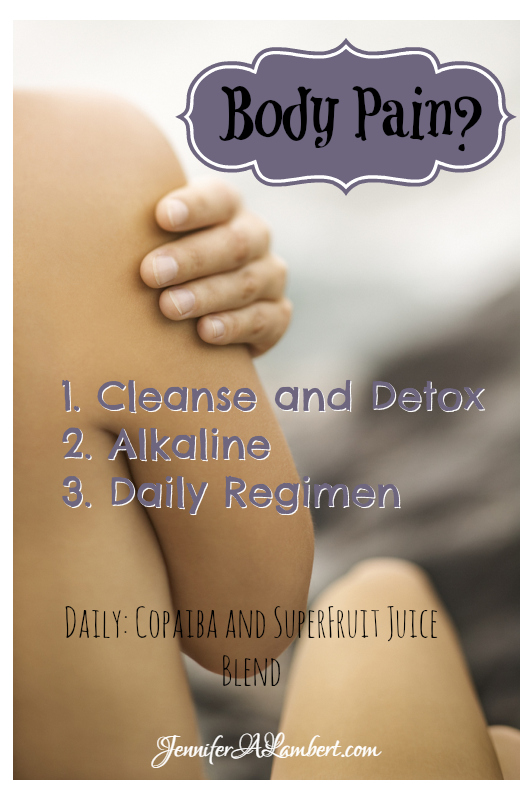Stressful holiday schedules and expectations can wear us down.
How can we recover quickly and boost our immune system?

5 proven ways for added protection from illness:
Create a happy gut.
Your gastrointestinal (GI) tract makes up a large part of your immune system – up to 70 percent! The holidays often tempt us to overindulge in high-sugar or processed food and alcohol, which force our gut to work harder and reduce our natural immune abilities. While these yummy treats are fine in moderation, try eating more balanced meals and snacks as much as possible to give your gut a fighting chance against germs. Probiotics supplements are helpful. Make sure you get plenty of fiber. Stay hydrated!
Practice good hygiene.
Your first line of defense is to keep the germs away with good personal cleansing habits. Wash hands frequently with natural soap and water. Cover your mouth and nose with a tissue or inner elbow when you sneeze or cough. Thoroughly clean and cover open cuts. These simple actions alone can help power away germs before they ever get a chance to reach your system. Clean tech devices regularly with disinfectant.
Get a good night’s sleep.
Studies show that not getting enough sleep greatly affects how well your immunity cells function. While you sleep, your body is able to rest and recharge itself. So, make a sleep routine and stick to it. Be sure to turn off all electronics at least one hour before bed to help you fall asleep faster and sleep more soundly. Exercising outdoors for at least thirty minutes helps set our body clocks.
Take your vitamins.
Making sure your body gets all the nutrients it needs to function properly is essential to smooth immune function. Some of these we can consume by eating lots of leafy greens, fruits, and other whole foods. Supplementing with natural products helps us get everything we need to fight wintertime germs. For example, Vitamin D can help lower your risk of chronic infections, while Vitamin C is linked to better immunity. Elderberry is also a fantastic natural supplement, proven to help boost immunity as part of a healthy diet. I like diffusing essential oils too.
Watch your stress levels.
The bottom line: stress hurts our immune system. The holidays are a challenging and busy time, so making sure to keep stress levels low can help maintain your good health. If you start to feel overwhelmed with holiday pressures, schedule time for yourself, try deep breathing exercises, or practice yoga and meditation. Studies also show that supportive relationships and healthy social interactions can help to lower stress. Pets help lower stress. Slow down and rest when needed.
The winter season brings with it increased challenges to our immune system. Things like cold weather, holiday stress, and temptations to overindulge on sugary treats can all affect our body’s ability to fight off germs. Take protective action with these 5 tips to help boost your natural immunity and enjoy a happy and healthy holiday season!



















